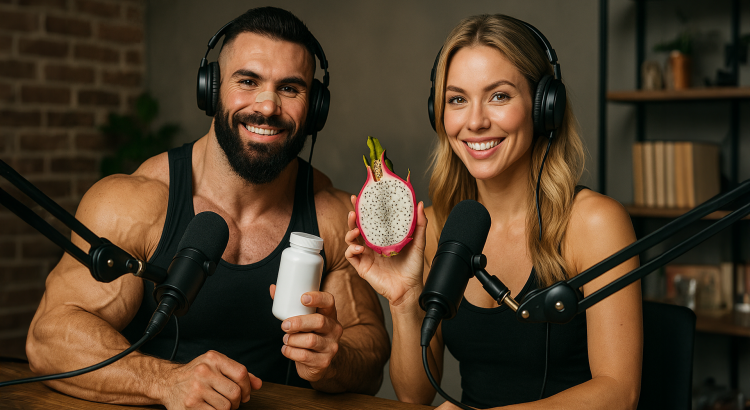Health-guru podcasters simplify complex data and sell it as guaranteed health advice.
Notice it tends to be surprising (maybe ironic), simple, and “natural.”
Some examples:
- Walking around on your heels for 5 minutes before bed will cure restless leg syndrome.
- The scent of freshly-crushed black pepper will get rid of your afternoon sleepiness.
- Looking at bright outdoor sunlight after a meal will stop your body from storing adipose fat.
Of course, I made all of those up. Maybe they’re true. No idea.
We all fall for this stuff because stories are more fun than statistics.*
I’m not here to say “studies don’t mean anything” or “science isn’t real.”
But here are two problems with throwing that stuff around:
1. The actual numbers get left out, which might not be impressive. (How many? For how long? What percentage?)
2. Something might be true for a group, but not for the individuals in that group. (Ecological Fallacy).
A silly example ChatGPT made up for me:
A team of researchers at the University of Sleep Sciences and Decorative Vegetables recruited 1,000 adults suffering from mild insomnia. Half were given a standard pillow, while the other half slept on a pillow stuffed entirely with shredded cabbage.
The results:
On average, the cabbage pillow group fell asleep 4 minutes faster than the standard pillow group.
Within the cabbage group:
15% fell asleep 20+ minutes faster
60% showed no change at all
25% reported worse sleep, citing “constant salad smell” and “dreams about rabbits”The press release headline:
“Cabbage Pillows Proven to Improve Sleep!”
But 85% of the time, in this fictional example, there was no effect — or it made the problem worse.
Buying a Cabbage Pillow™ probably won’t work.
Oh, well. This will continue. Few of us are trained to parse a scientific paper (I sure as hell am not). Statistics and details are easy to forget. And “health influencers” are incentivized to spread pop song versions of results.
*A reference to something Pete Peterson typed:

